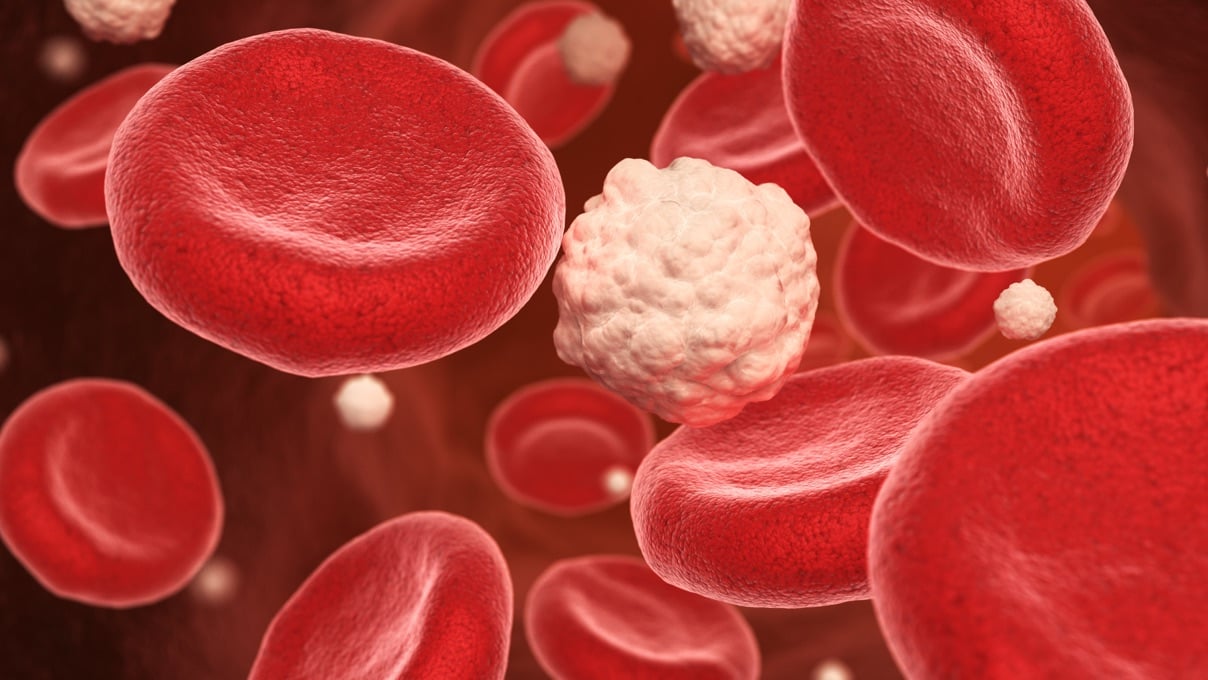HbA1c – a very useful blood test
In this blog, we will be discussing the value of testing a blood marker called HbA1c which gives us a good idea of your average blood glucose level over the last 2-3 months. HbA1c is enormously useful because it can not only help us to diagnose type 1 and type 2 diabetes but it can also pick up on when your sugar levels indicate that you are at risk of developing diabetes. Furthermore, it is used to monitor how well you are controlling your blood sugar if you have diabetes. It is also a very practical test as you don’t need to fast for your blood test and you can have your blood test at any time of day.
What does my HbA1c number mean?
Normal range- 20-42 mmol/mol
Prediabetes – 42-47 mmol/mol
Diabetes 48 mmol/mol or above (if monitoring your diabetic control, the target is usually 48-53 mmol/mol depending on what you have agreed with your doctor)
Diabetes in a nutshell
Diabetes is a condition where your blood sugar is too high. This may be as a result of either type 1 or type 2 diabetes. Type 1 diabetes is an autoimmune condition (commonly diagnosed in childhood or adolescence) where your body fights its own cells – in the case of type 1 diabetes, the body fights the cells of the pancreas preventing insulin production. Insulin is required to drive glucose in your blood into your body cells so that they can function. If there isn’t enough insulin, the sugar will hang around in your blood instead. In type 2 diabetes, the body cells have become somewhat resistant to insulin and thus they will not take in as much glucose as they should, again leaving too much sugar in your blood.
So what is the problem with too much sugar in my blood?
Unfortunately, there are a host of different complications from having high sugar levels. Extremely elevated levels of sugar in the short term can cause acute diabetic crises requiring hospitalisation due, mainly, to the risk of dehydration. High sugar levels at any given time also puts you at risk of infections. Over time, high levels of blood sugar are a significant risk factor for coronary heart disease, stroke and peripheral arterial disease as well as kidney disease, eye (retinal) disease and peripheral nerve disease (REF A). Studies are also showing that there are other lesser known complications of diabetes emerging, such as cancer, liver disease and dementia (REF B,C,D)
What exactly is pre-diabetes?
This means your sugar levels are higher than normal but not high enough to meet the criteria for diabetes. It means you are at risk of developing diabetes and also constitutes an independent risk factor for developing heart disease and stroke (REF E). The great benefit of knowing you have pre-diabetes is that it is possible to make lifestyle changes to reverse it.
Who is this test for?
Everyone should test their Hba1c at around 40 years old regardless of their health and risk factors. If normal, this can serve as a useful baseline result to see how you continue to control blood sugar levels over time. If the result is in the normal range and you don’t have any risk factors for diabetes, we would then recommend testing this at least every 3 years.
Essentially, 40 years old is a good time to potentially ‘catch’ pre-diabetes/diabetes and either try to reverse it or at the least, get it under good control with medical help.
- You should consider testing your Hba1C as early as your 30’s if:
- you have a strong family history of diabetes e.g. a first degree relative such as a parent or sibling. This is because your chance of being diagnosed with diabetes is 15% if you have one parent with type 2 diabetes and 75% if both parents have type 2 diabetes (REF F)
- you are of Asian, African or Afro-Caribbean ethnicity.
- you have previously been diagnosed with gestational diabetes (diabetes in pregnancy).
- you are overweight or obese (BMI 25+)
- you have previously been told you have any of the following:
- high blood pressure
- high cholesterol
- heart disease
- arterial disease
- kidney disease
- fatty liver disease
- polycystic ovarian syndrome (PCOS)
- you have been taking daily steroid medication for several months or more.
If your result is normal and you have one of the above risk factors, we would then recommend testing your Hba1c every year.
Who is this test not suitable for?
- If you think you might have symptoms of diabetes, for example you have been feeling excessively thirsty and/or you have been passing urine more frequently than usual and/or you have lost weight over the past few months, you should speak to one of our doctors. The doctor will likely send your blood test off urgently along with other blood tests and want to follow up with you.
- If you are acutely unwell, for example you have an infection, this may falsely elevate your sugar levels.
- If you have a diagnosis of sickle cell anaemia or thalassaemia, a different sort of test is needed to test your sugar level.
What can I do about having an elevated Hba1c level?
The good news is that there are lots of things you can do. Firstly, it is important that you speak to your doctor about the result if you fall into the range of having prediabetes or diabetes.
If you have prediabetes or your Hba1c has increased from a previous result, your doctor will want to assess other medical risk factors like weight, blood pressure and family history. They will also likely recommend other blood tests, for example, for your cholesterol. There are often education programmes you can be referred to or reading information you will be sent. The management of prediabetes is based on changing your lifestyle to include: eating less sugar, less carbohydrates and processed food; increasing your physical exercise; and losing weight if you are overweight.
If your Hba1c falls within the diabetic range, the above lifestyle changes will be hugely important and may be enough if you are only just in the diabetic range. If your sugars are well within the diabetic range, it is likely medication will also be recommended. Medications for diabetes include one or more types of oral tablets taken daily and/or weekly injections and/or insulin. Insulin is required in type 1 diabetes as if you have type 1 diabetes, you have a problem with insulin production. Otherwise it is reserved for those with severe type 2 diabetes where insulin production eventually reduces or those who have proven resistant to several oral medications.
How big a problem is diabetes? The case for getting tested…
Unfortunately, diabetes is a large and growing problem in the UK. This is especially the case as many people have skipped health checks due to the COVID pandemic. In 2019, 3.9 million people were diagnosed with diabetes but it was estimated that roughly 1 million more people were living with diabetes but were unaware they had it (REF G). The rate of diagnosis is increasing. Unfortunately, the longer someone lives with high blood sugar, the more at risk they are of developing diabetic complications. As there is a lot you can do to reduce your risk of developing diabetes and its complications, it is so worth booking an appointment with your doctor sooner rather than later.
REF A) Fowler, M. J. Microvascular and macrovascular complications of diabetes. Clin. Diabetes 26, 77–82 (2008).
REF B) Tolman, K. G., Fonseca, V., Dalpiaz, A. & Tan, M. H. Spectrum of liver disease in type 2 diabetes and management of patients with diabetes and liver disease. Diabetes Care 30, 734–743 (2007).
REF C) Chatterjee, S. et al. Type 2 diabetes as a risk factor for dementia in women compared with men: a pooled analysis of 2.3 million people comprising more than 100,000 cases of dementia. Diabetes Care 39, 300–307 (2016).
REF D) Tsilidis, K. K., Kasimis, J. C., Lopez, D. S., Ntzani, E. E. & Ioannidis, J. P. Type 2 diabetes and cancer: umbrella review of meta-analyses of observational studies. BMJ 350, g7607 (2015).
REF E) Ford ES, Zhao G, Li C. Pre-diabetes and the risk for cardiovascular disease: a systematic review of the evidence. J Am Coll Cardiol. 2010 Mar 30;55(13):1310-7. doi: 10.1016/j.jacc.2009.10.060. PMID: 20338491.
REF F) Diabetes UK (2020) Diabetes risk factors. Diabetes UK. http://www.diabetes.org.uk
REF G) Diabetes UK (2019b) Diabetes prevalence 2019. Diabetes UK. http://www.diabetes.org.uk





